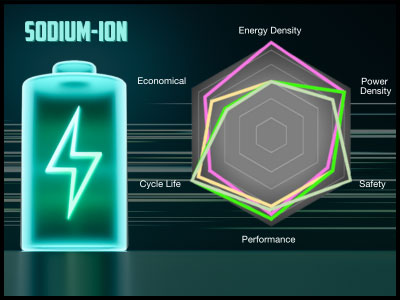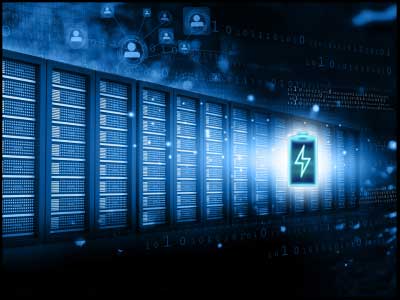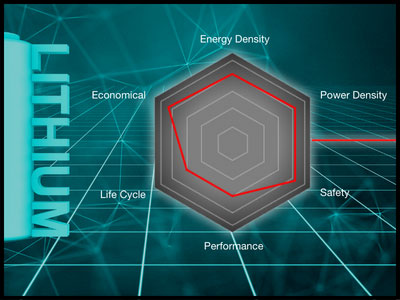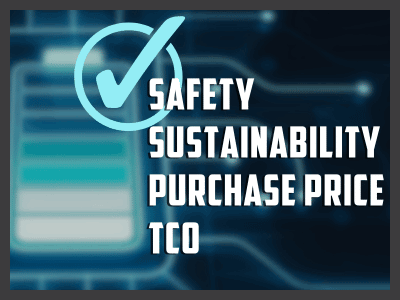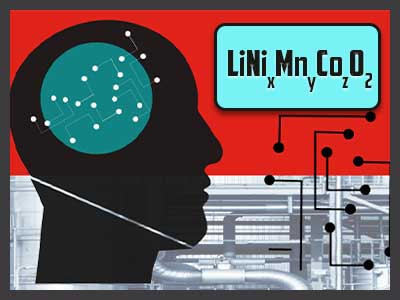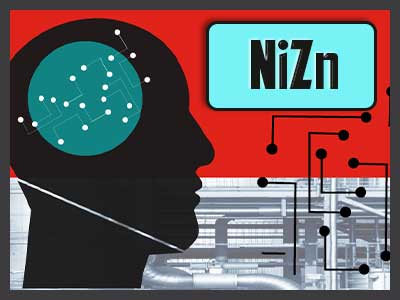The Runaway Review
Join Product Manager, JJ Hocken, as he reviews batteries and discusses the advantages and disadvantages of various chemistries impacting the UPS industry.
The Runaway Review
Join Product Manager, JJ Hocken, as he reviews batteries and discusses the advantages and disadvantages of various chemistries impacting the UPS industry.
Stay up-to-date on industry trends & insights
Be the first notified of new blog posts
By submitting this contact form, you agree that a representative(s) of Mitsubishi Electric Power Products, Inc. (MEPPI) may contact you using the information you provided. In accordance with our Privacy Policy, we will never share or sell your personal data.
